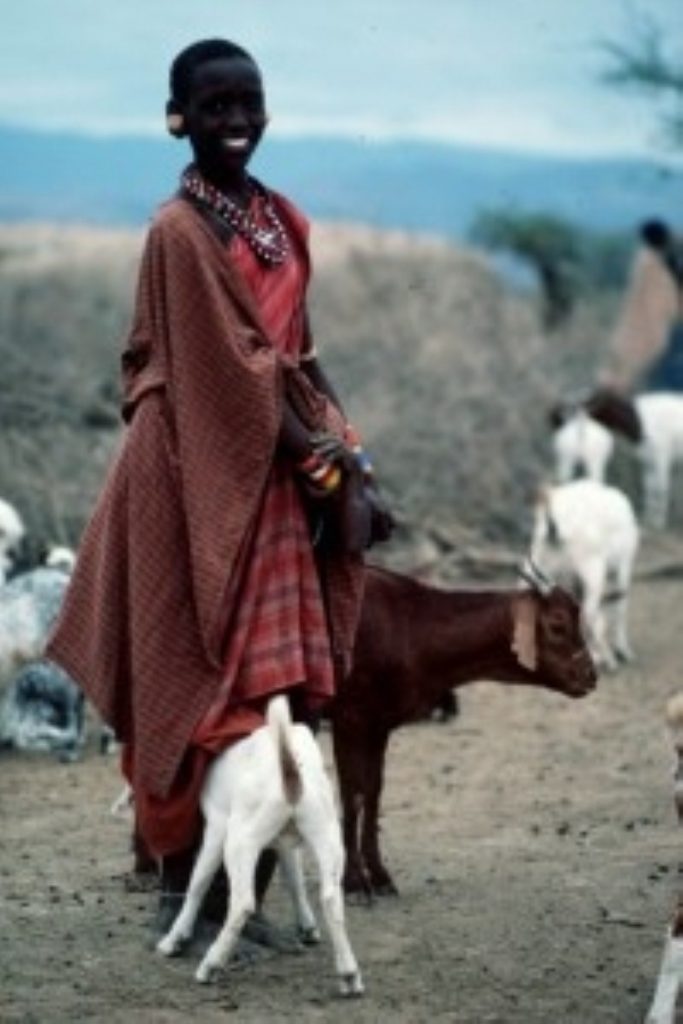Trade talks at critical juncture, says Benn
The International Development Secretary has said that next week’s World Trade Organisation (WTO) meeting must deliver benefits for developing countries.
Last September, talks on the implementation of the Doha Development Agenda collapsed in Cancun after a row over agriculture subsidies. Developing countries were angry at the refusal of the rich countries to remove subsidies from their agriculture products, whilst demanding that poor countries open their markets and end subsidies.
The Doha agreement envisioned an ambitious development agenda, increasing free trade, opening developed markets to imports and delivering cheap medicines to the developing world.
Despite globalisation and an increase in world trade, Africa’s share of world trade has halved over the past decade.


In a speech last night to Chatham House, London, Hilary Benn, warned: “If these talks collapse, the main losers will be those the current round was designed to assist – developing countries and their citizens.
“We risk undermining developing countries’ faith in the rules-based multilateral system if we don’t reach agreement. We risk withdrawing into bilateralism and weakening the rules-based multilateral system – from which all stand to gain: rich and poor. We risk undermining global security by not tackling inequities in our global order.”
Mr Benn urged all members to “show flexibility” but argued that: “It is the richest WTO members that need to make the greatest movement in the negotiations.”
“Developed countries need to start practising what we preach to developing countries. We need to open our markets too to achieve freer and fairer trade.
“The longer the multilateral system fails to deliver the potential benefits for the world’s poor of integration into global markets, the longer poverty will persist.
“Oxfam estimates that an increase in Africa’s share of world exports of just one per cent would be worth five times as much as the continent’s share of aid and debt relief.
“But trade won’t help us reduce poverty if the rules are weighted against developing countries.”
Relating a specific example, Mr Benn said, “one of the worst examples of the complete absence of anything approaching a level playing field is that of the West African cotton producers.”
He pointed to Benin’s compliance with IMF prescriptions requiring them to end all subsidies to farmers, but then being forced to compete in “highly distorted markets” where they have to compete with heavily subsidised EU and US producers.
One of the positive developments out of Cancun, Mr Benn related, was the organisation of developing countries into negotiation groups, saying: “I am pleased that DfID was able to play a small part in providing financial support to facilitate their meeting prior to Cancun.
“The emergence of a much stronger developing country voice over the past year is a great step forward. For all the criticism the WTO attracts from NGOs and others, it works on the basis of one member one vote with decisions taken by consensus. So if developing country members don’t like what’s on the table, they can say no. But if they choose to do so, it is developing countries that stand to lose most.”
He promised that the UK would continue efforts to reform the Common Agriculture Policy and push for reform in trade laws, saying that the upcoming UK presidency of the EU and G8 will “give us the opportunity to put trade high up the international agenda”.

